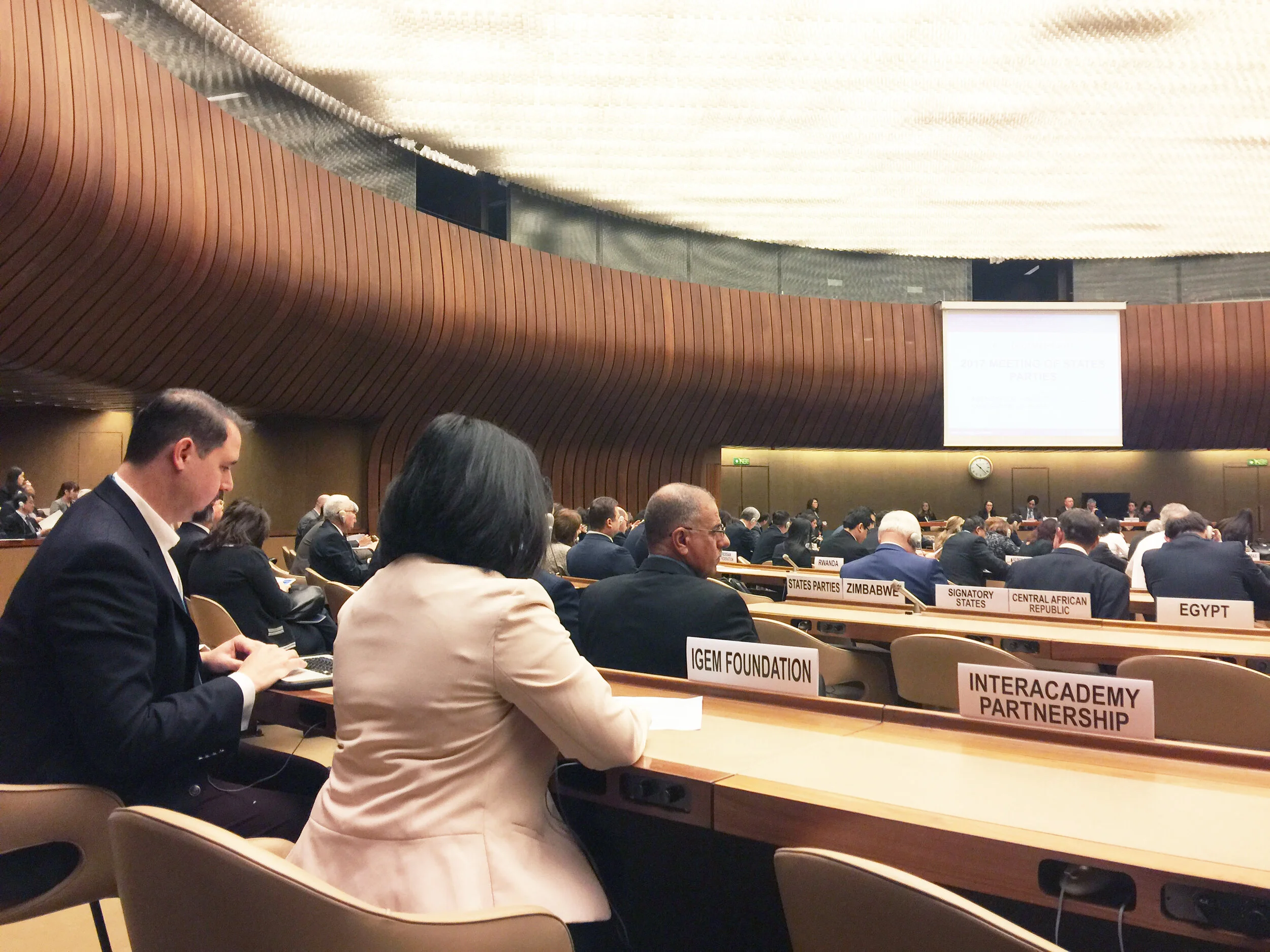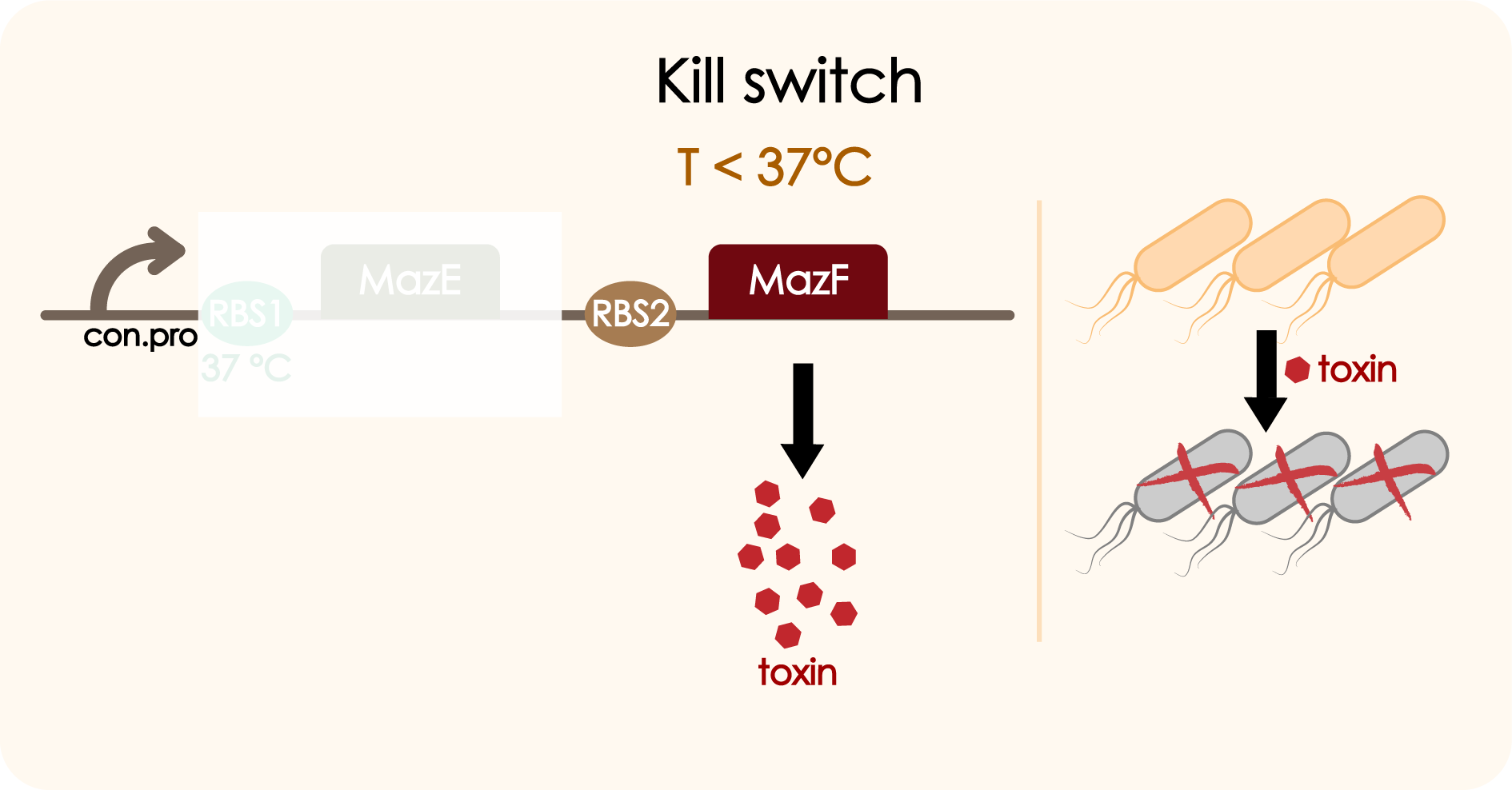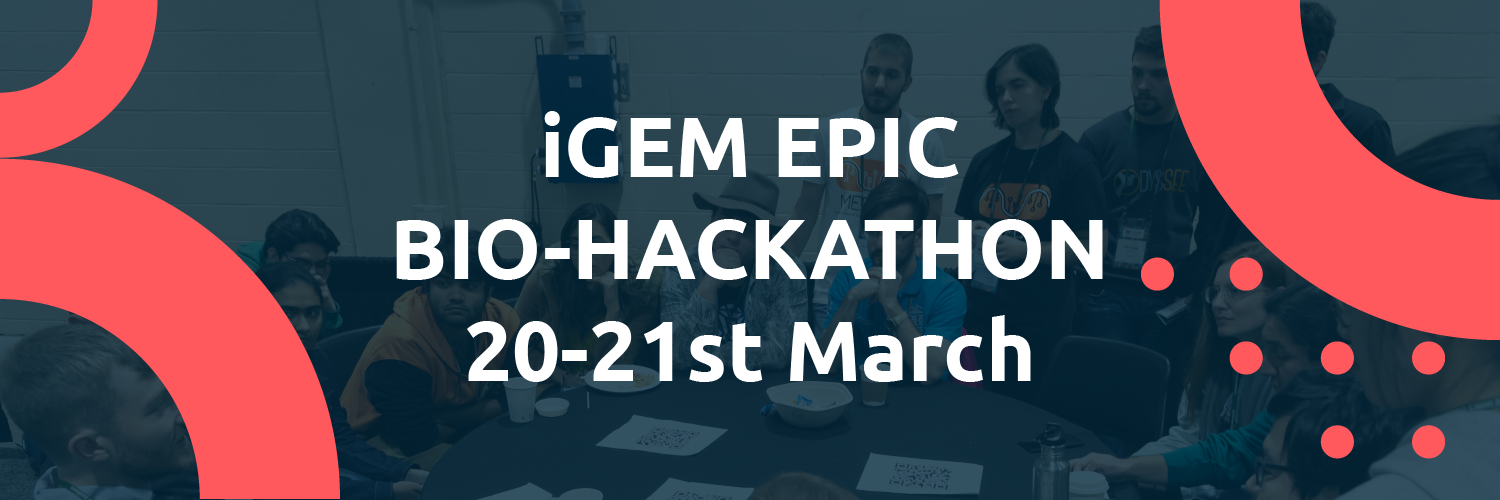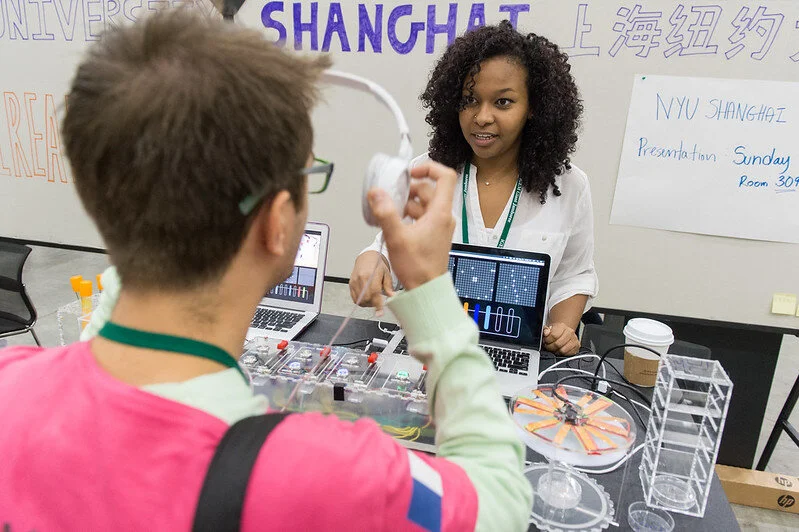Bringing Synthetic Biology Beyond Containment: Technical and Policy Work Needed
by Piers Millett, iGEM Vice President of Safety and Security
Here at iGEM we often talk about local people, solving local problems, all over the world using the power of synthetic biology – but can they really?
Inside iGEM we have a strict Do Not Release policy that keeps our projects inside the lab. If these projects are ever going to be part of real-world solutions then – sooner or later – they will need to work outside of the lab. We are substantially increasing the time and effort we devote to considering how to do that safely, securely, and responsibly. This includes:
Technical work:
There are engineering challenges to safety and security we can tackle. We will need to build the knowledge base, tools, and other resources that will make sure that the synthetic biology components of solutions help and do not harm (such as kill switches or biological containment systems that work reliably, repeatedly and predictably).
Policy work:
We will need to understand what safe, secure, and responsible means to different peoples and in different contexts. We can start to design the rules and regulations we will need for societies to be comfortable that any risks are being appropriately managed.
Supporting technical work
iGEM teams are already working on some of the tools we will need. For example, many teams have built kill switches as part of their projects. Some teams have even designed and built entire biocontainment systems. These are excellent first steps.
iGEM 2020 team Fudan’s genetic kill-switch design
Unfortunately, iGEM is confronted by some major challenges in supporting more systematic and sustained work:
We struggle to know which teams have been working on these issues. We tried to find out which teams included kill switches in their projects in recent years and discovered no better way than using a search engine! We found out that at least 15 teams had integrated kill switches in 2019 and 11 in 2020.
There is no easy way to find out what has already been accomplished and build on it. We would need to look through all the individual team wikis to find out what they tried, accomplished, and learned.
If we had a better way to know who is working on these issues and what they are working on, then we could begin to apply a design-build-test-learn cycle to technical work on safety and security. Over time, this will help us build better tools and measure and gather important data on key variables, such as how tools function in different chasses, over different time frames, or under different environmental conditions. Together, this will bring us closer to having the technologies we will need to be able to safely, securely, and responsibly use synthetic biology beyond containment.
Engaging in policy work
The iGEM community already engages in policy work. For example, our After iGEM Policy Committee has helped foster discussions and build collective views on important issues. For example, the 2020 policy hackathon included efforts focused on the regulation of genome editing tools like CRISPR, gene drive policies, and how to balance the risks and benefits offered by altering the microbiome. Equally, the Delegates Program has sent members of our community to international policy processes, such as the UN Convention on Biological Diversity, and the Biological Weapons Convention.
The iGEM Delegates Program: iGEMers at the 2017 Meeting of the State Parties to the Convention on Biological Weapons, Palace of Nations, Geneva, Switzerland.
There is more our community can contribute to policy deliberations on the use of synthetic biology beyond containment:
We can discuss among ourselves what we think safe, secure, and responsible use looks like. We can identify thoughts and lessons to share with others.
We can then expand our efforts beyond our own community. This can include inviting others to join us in our sessions, workshops, and meetings. Equally, members of our community can participate in the work of others.
We will start by thinking about what pre-requisites the iGEM community would like to see. There have been similar efforts to identify prerequisites as part of other biotechnology-relevant policy processes, such as the development of gene drives, or for human germline genome editing. We can build on these experiences.
Our initial thoughts will likely be very high level, such as ensuring there is co-development of solutions with those likely to be affected through in-depth human practices, or that there is adequate proof of safety through in-depth research; or even that there has been a thorough hazard assessment resulting in an appropriate risk management plan.
Identifying what we want to accomplish, even at a high level, will help us map out where technical work is needed and what policy purpose it may help serve. Perhaps we need to capture the lessons from integrated human practices to strengthen good practice on co-development of solutions, or from our safety and security program to strengthen good practice in risk assessment and management of synthetic biology.
Piers Millett, iGEM VP of Safety and Security, and Meagan Lizarazo, Executive VP of iGEM at the Meeting of the State Parties to the Convention on Biological Weapons, Palace of Nations, Geneva, Switzerland.
Our plans for applied safety, security, and responsibility in iGEM 2021
For 2021, we are thinking about making some changes that will help focus our relevant work, including:
Establishing a dedicated safety and security technical workstream, offering support for teams that attempt applied safety and security tools and engineering in their projects, and commending the teams that excel.
Establishing a parts collection in the Registry to make it easier to use and refine our tools.
Holding webinars and sessions at iGEM events and meetups to provide opportunities to find other teams working on these issues, and to share experiences throughout the year and help distil and clarify our collective views on important policy issues.
Bringing teams working on these issues together during the Giant Jamboree to feed back our collective work into the bigger picture. For example, how have our accomplishments this year added to past work and brought us closer to the safe, secure, and responsible use of synthetic biology beyond containment? What gaps still exist and what would it be most valuable to know in moving towards this goal?
We think that iGEM’s technical and policy work will help deliver more systematic and sustained progress towards the safe, secure and responsible use of synthetic biology beyond containment.
The ideas presented here reflect our initial thoughts on how we might help.
We are very interested in your feedback:
Do you think focused work in this space is a useful thing to do?
Are we moving in the right direction?
What more should we do?
What would you like to see or do on this topic?
Who else should we be involving in these discussions?
You can share your responses to these questions, or any other thoughts on synthetic biology beyond containment, by contacting safety [AT] igem [DOT] org. We expect our thinking to evolve in the coming months―stay tuned for more details and some exciting announcements as we get closer to the 2021 Opening Weekend Festival!
Note: This blog post was based upon remarks originally made by Piers Millet during August 2020 at the 7th Conference of China iGEMer Community. The theme of this annual event was ‘Industrialization: the potential to incubate iGEM projects or synbio projects into biotech startups for real-world impact’. iGEM held a panel discussion exploring Synthetic Biology Beyond Containment.











